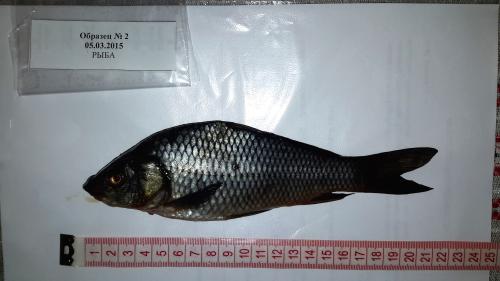This project conducted by Volgograd-Ecopress investigated mercury contamination hotspots emanating from the historical Sakhalin primary mercury mining site and impacting on surrounding water bodies and towns. Mercury intoxication of civilian workers led to prisoners working the mine until the underground and open cast operations ceased in the mid 1990’s. Since then a large scale secondary mercury recovery operation has occupied the former mine site extracting commercial grade mercury from up to 10,000 tonnes of waste a year. Much of the secondary mercury is used as compounds in chemical production processes on site and the manufacture of mercury added products like fluorescent lamps. This cluster of industries and others, including an unapproved hazardous waste incinerator near the Kholmskaya township, are believed to be contributors to contamination in the locality. The implementation of this IMEAP project was the first such study of contamination of fish, soil and water in the region in nearly 20 years. The investigation found sharp upward trends in pollution-related health impacts among the region’s population, elevated levels of mercury, lead and arsenic contamination in ambient air, and mercury contamination of fish exceeding the regulatory standards. Surveys of residents were also conducted and supported the findings of the NGO in relation to elevated regional pollution levels and hotspots.

